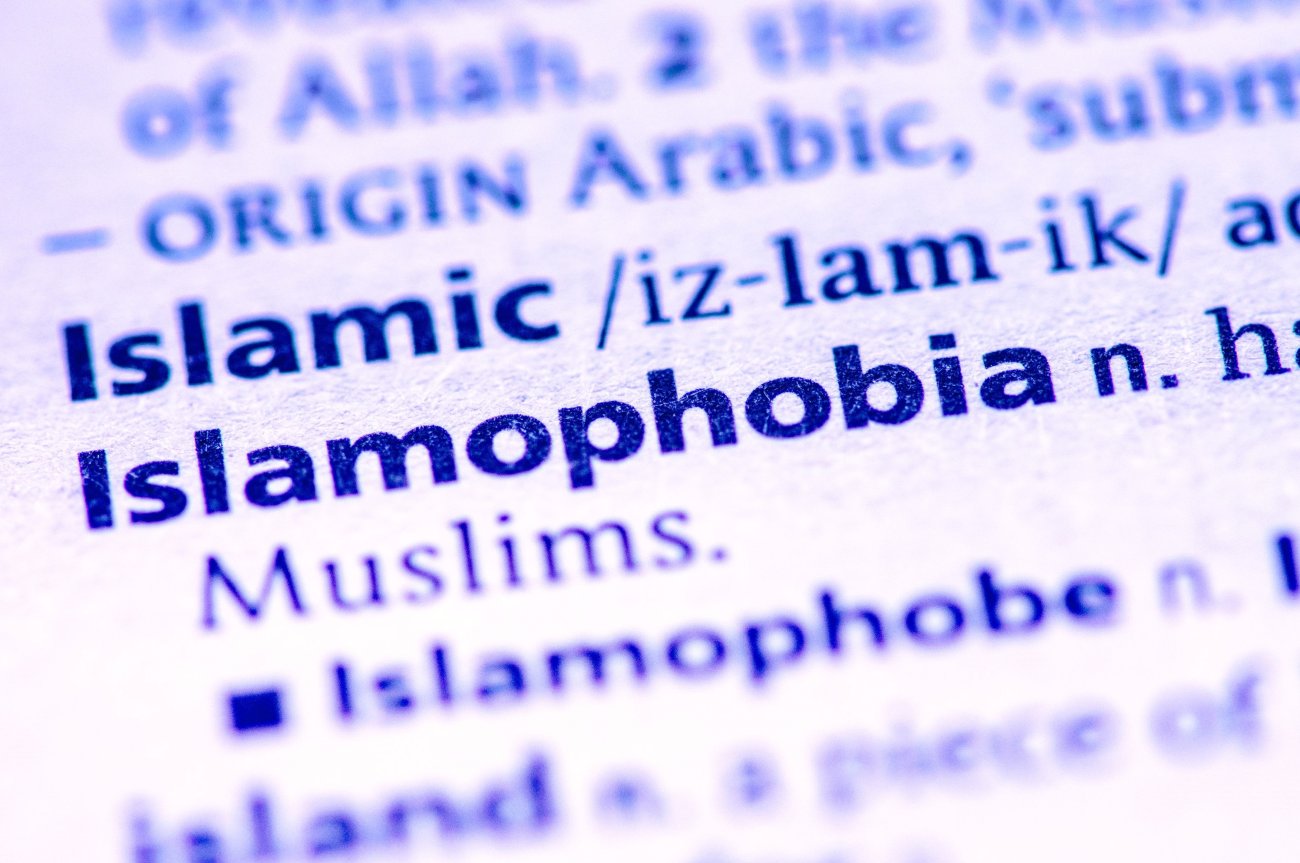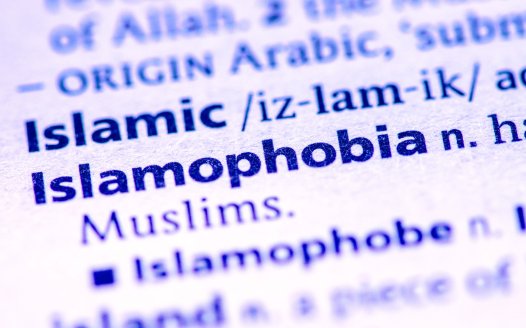Islamophobia definitions threaten free speech at 20+ universities
Posted: Thu, 23rd Nov 2023
21 universities have adopted definition of Islamophobia rejected by government amid free speech concerns.
One in eight universities risks chilling free speech around Islam by adopting a controversial definition of 'Islamophobia', the National Secular Society has warned.
Research by the NSS found that, out of the UK's 166 universities, 21 employ the definition of 'Islamophobia' formulated by the All Party Parliamentary Group (APPG) on British Muslims.
This defines 'Islamophobia' as "a type of racism that targets expressions of Muslimness or perceived Muslimness".
The government rejected the definition in 2019 amid claims that it would limit free speech and conflict with equality law.
Universities which use the APPG definition include the Universities of Edinburgh, Nottingham and Loughborough, as well as Imperial College London.
Bournemouth University and Suffolk University use different definitions of 'Islamophobia' which similarly restrict criticism of "Islamic traditions and practices" or simply "Islam".
Islamophobia definition is "for cutting off criticism of Islamism"
Campaigners for free speech have consistently warned the definition poses a danger to efforts to tackle anti-Muslim bigotry, as well as to freedom of expression and academic freedom, by conflating legitimate criticism of religion with hatred against individual Muslims.
Examples of Islamophobia described by the APPG include claims of "Muslims spreading Islam by the sword or subjugating minority groups under their rule". But scholars agree that Islam was historically spread in part via military conquest. Furthermore, non-Muslim minorities are typically subordinate in Islamic theocracies even today.
However, the APPG has described these "symbols and images" as associated with "classic Islamophobia".
The APPG report setting out the definition also says that criticism of Islamism – extremist political ideology based on Islam – can be considered a constitutive part of 'Islamophobia'.
Organisations which have pushed institutions to adopt the APPG definition include the Muslim Council of Britain (MCB) and Muslim Engagement and Development (MEND).
A government policy of non-engagement with the MCB has been in place since 2009 due to concerns about the organisation's links to extremism. The ban was introduced after the MCB's then deputy secretary-general signed the 'Istanbul declaration', calling for attacks on Royal Navy vessels enforcing a UN weapons blockade on Hamas-run Gaza.
MEND employees and volunteers, including members of its senior leadership, have also been accused of links to extremism. This includes legitimising the killing of British troops in Iraq, promoting antisemitic conspiracies, and downplaying acts of terrorism.
Universities have a legal duty to promote freedom of speech and the academic freedom of their staff.
In 2020, the University of Bristol cancelled a module on human rights after its lecturer Prof. Steven Greer was falsely accused of 'Islamophobia'. The module included discussion of the Charlie Hebdo shootings and the traditional death penalty for 'blasphemy' in Islam.
Critics of the APPG Islamophobia definition include prominent Muslims. Khalid Mahmood MP, the longest serving Muslim member of parliament, has called the APPG definition "effectively an Islamist charter for cutting off criticism of Islamism".
Sara Khan, the government's independent advisor for social cohesion, has also criticised the APPG's "narrow understanding of 'Muslimness'" which "leaves behind those Muslims who, because of how they choose to live their lives or practise their religion, don't have a 'Muslimness' that other Muslims find acceptable".
NSS: Islamophobia definition "chills free speech and stifles free enquiry"
NSS chief executive Stephen Evans said: "The prevalence of this Islamophobia definition at UK universities illustrates a concerning lack of regard for freedom of expression by institutions which should be at the forefront of upholding it.
"Applying this vague definition clearly risks capturing critical discussion or debate around Islam and labelling it as offensive or hateful. The perception that addressing concerns related to Islam equates to Islamophobia chills free speech and stifles free enquiry, which is fundamental to the function and purpose of a university. The resentment this creates can also undermine efforts to tackle anti-Muslim prejudice."
"Universities should be mindful of their legal duty to uphold free speech and academic freedom and reconsider their adoption of this definition as a matter of urgency."
The NSS has recently raised this issue in a meeting with the Office for Students' new director of free speech.
Freedom of Expression
Democracy cannot exist without the right to free speech. Join our campaign to protect freedom of expression from religious incursions.








